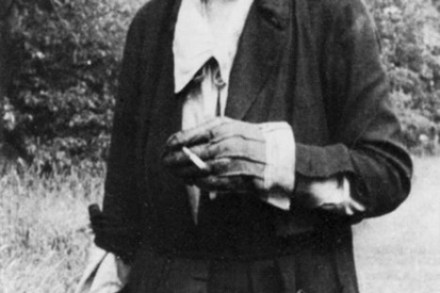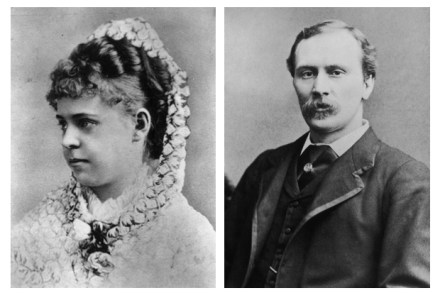Recycling Sackville-West style
Here’s a book co-authored by one dead woman and one living one. Sarah Raven is the second wife of Adam Nicolson, grandson of Vita Sackville-West. In 1930 Vita bought Sissinghurst, the ruins of a great 16th-century house, and with her husband Harold Nicolson created the world-famous garden. Tell me the old, old story. Vita died




















